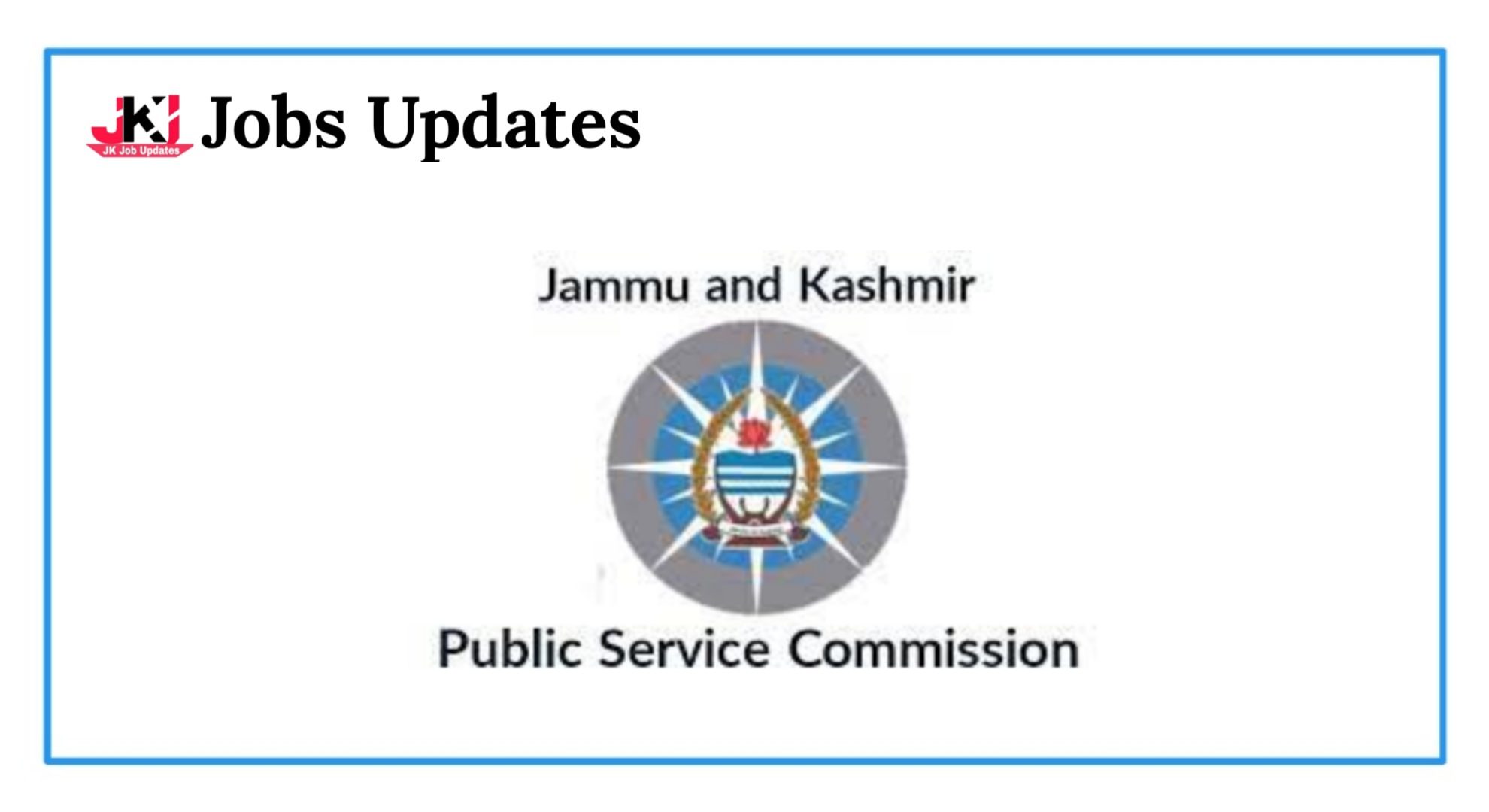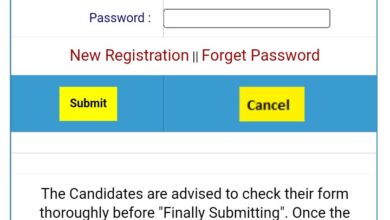By Mohd Younus Bhat
As discussions intensify regarding the eligibility criteria for +2 level vacancies in the Jammu and Kashmir Public Service Commission (JKPSC), it is imperative to reevaluate the existing norms to ensure inclusivity, talent retention, and legal compliance in the recruitment process.
Introduction
Securing a government job in Jammu and Kashmir holds significant cultural and social value, often influencing marriage discussions and societal status. However, the current debate around mandating a Bachelor of Education (B.Ed.) for senior secondary teaching roles has sparked a crucial conversation about the broader implications of such requirements.
The Need for Inclusivity
While enhancing teaching standards is essential, it is crucial to recognize and embrace the diverse talent and expertise present within the region. The JKPSC, as the governing body, should have the flexibility to consider alternative qualifications such as PG, NET, SET, JRF, M.Phil., PhD, and Postdoctoral credentials. This inclusive approach not only benefits aspirants but also enriches the diversity of talent in the recruitment process.
Overcoming Age Limit Challenges
Many highly qualified individuals, including Ph.D. holders and postdoctoral researchers, face the daunting challenge of age limits when pursuing government teaching positions. This dilemma often hinders the recruitment of experienced and knowledgeable candidates who could significantly contribute to the educational sector.
Addressing Repercussions
The rigidity of age criteria can lead to a loss of valuable talent, discourage future scholars from pursuing higher education, and create disillusionment among qualified professionals. To mitigate these challenges, a reevaluation of employment policies is necessary to accommodate individuals with advanced degrees effectively.
Importance of Flexibility and Inclusivity
Setting eligibility criteria solely based on a B.Ed. degree may inadvertently exclude highly qualified individuals with diverse academic backgrounds. Incorporating candidates with advanced degrees can elevate the educational landscape, bringing in unique perspectives and enhancing the overall quality of education in Jammu and Kashmir.
Mitigating Legal Interventions
Legal interventions, such as writ petitions and stay orders, can disrupt the recruitment process, causing delays and uncertainties for candidates. These actions not only affect individual aspirations but also create administrative challenges for government departments, hindering efficient service delivery.
Conclusion
By adopting a fair and inclusive approach to eligibility criteria for +2 vacancies, the J&K government can foster an environment that values diverse skills and backgrounds. It is essential to prevent disruptions caused by legal actions, ensuring a smooth and enriching recruitment process that benefits both qualified individuals and the educational system in Jammu and Kashmir.
Post Via: Kashmir Reader







